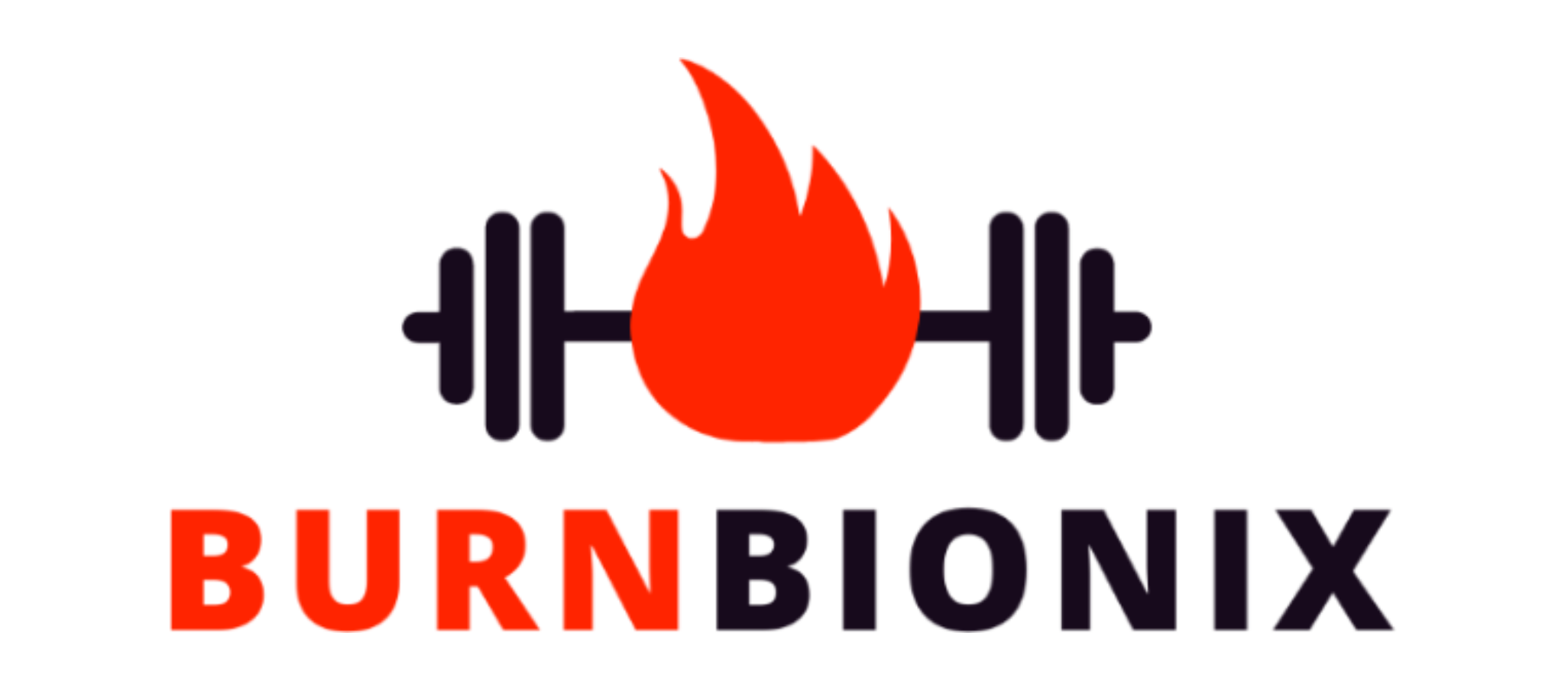Testosterone is an important hormone that plays a crucial role in muscle growth, bone health, mood, energy levels, and more. Maintaining healthy testosterone levels can help support vitality, strength, and overall wellbeing.
Low testosterone, also known as hypogonadism, is associated with fatigue, depression, erectile dysfunction, and loss of muscle mass. The good news is there are natural ways to optimize testosterone production in the body. Read on to learn about lifestyle habits and nutrients that can help keep your testosterone levels in a healthy range.
The Importance of Exercise
Exercise isn’t just about shedding pounds or building muscles; it’s also a testosterone booster! Resistance training, in particular, is a testosterone champion. It triggers muscle growth, necessitating your body to produce more testosterone. Similarly, High-Intensity Interval Training (HIIT), with its short bursts of intense exercise followed by recovery periods, can spike testosterone levels. Why not mix up your routine with some squats, bench presses, or HIIT sessions? Remember, consistency is key!
Diet and Testosterone
A balanced diet rich in certain nutrients can help maintain healthy testosterone levels. Eating plenty of fresh vegetables and fruits provides antioxidants, phytonutrients, and fiber that optimize T production. Complex carbohydrates from whole grains, rather than refined carbs like white bread and pasta, offer a steady supply of energy without spiking blood sugar. Healthy fats like olive oil, avocados, nuts, and fatty fish provide the raw materials for testosterone synthesis.
Lean protein sources like chicken, turkey, eggs, and legumes support muscle growth. Meanwhile, reducing consumption of sugary and processed foods prevents energy crashes. Aim for mostly whole, minimally processed foods for optimal T levels. Consider limiting alcohol, which can lower testosterone over time. An overall healthy diet combined with regular exercise sets the stage for robust testosterone production.
The Role of Sleep in Testosterone Production
Don’t underestimate the power of a good night’s sleep! Testosterone levels rise during sleep and decrease throughout the day. Consistently getting 7-8 hours of quality sleep is crucial to keep this cycle in balance. A disrupted sleep pattern can result in lower testosterone levels, contributing to fatigue and decreased energy. Prioritize those zzz’s for a testosterone-friendly lifestyle!
Managing Stress for Optimal Testosterone Levels
Stress, if left unchecked, can become a testosterone foe. The reason? Chronic stress triggers the production of cortisol, a hormone which can interfere with testosterone production. How do you combat this? The answer lies in techniques such as meditation and yoga. Not only do they soothe the mind and reduce cortisol levels, but they can indirectly help elevate testosterone levels. Unroll that yoga mat, take a calming breath, and let’s put stress in its place!
Maintaining Healthy Weight for Testosterone Balance
Getting your weight under control is about way more than just looking fit – it’s also clutch for balancing your testosterone levels. Packing on extra pounds, especially around the belly, can totally mess with your T production. Adopting a solid, balanced diet, like the Mediterranean plan filled with healthy fats and fiber, can help you manage your weight and avoid insulin resistance. This diet spotlights fruits, veggies, lean protein, and whole grains – all nutritional superstars. By embracing these healthy eats, you’re setting the stage for your body to keep churning out that precious
Essential Nutrients for Boosting Testosterone
Some nutrients are like best friends to your testosterone levels—namely vitamin D, magnesium, and zinc. Vitamin D can be gained from sun exposure and foods such as fatty fish and egg yolks, and it plays a key role in testosterone production. Magnesium (found in nuts and leafy greens) and zinc (abundant in seafood and legumes) also support testosterone production. Including these nutrient powerhouses in your diet can give your testosterone levels a welcome boost.
The Impact of Alcohol on Testosterone Levels
Drinking alcohol in moderation can be part of a healthy lifestyle. However, heavy drinking often leads to lower testosterone levels. This is because alcohol disrupts the endocrine system, which regulates testosterone production. Lower testosterone can negatively impact mood, energy, and sexual health. While an occasional drink likely poses little risk, consistently drinking heavily can throw your hormones out of balance. The key is mindful alcohol consumption – enjoying alcohol moderately without overdoing it. This allows you to get the benefits of a drink without suppressing your testosterone.
Herbal Supplements to Increase Testosterone
Nature has its own testosterone boosters—herbal supplements! Ashwagandha, a renowned adaptogen, may help reduce stress and increase testosterone levels. Similarly, fenugreek, a common spice, has been linked to boosted testosterone levels and enhanced sexual function. Including these supplements in your routine, under the guidance of a healthcare professional, might just be the natural testosterone boost you need.
Final Thoughts
Supporting your testosterone levels naturally is doable and can promote wellbeing. With lifestyle moves like eating nutritious foods, exercising regularly, getting sufficient sleep, and minimizing stress, you can create conditions for optimal hormone health. But remember – we’re all different, so what works for one person may not for another. Before making major changes, talk to your doctor to personalize your approach. By focusing on natural tactics and tuning into your body’s signals, you can feel more energetic and thrive. Healthy testosterone levels are within reach through balanced, sustainable habits.









